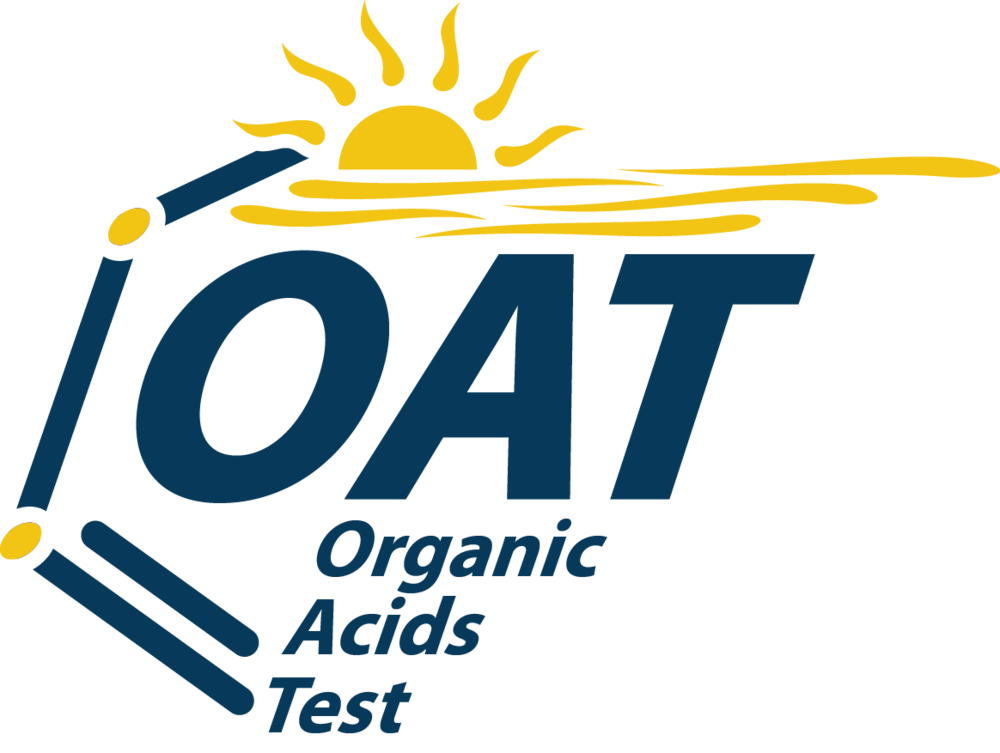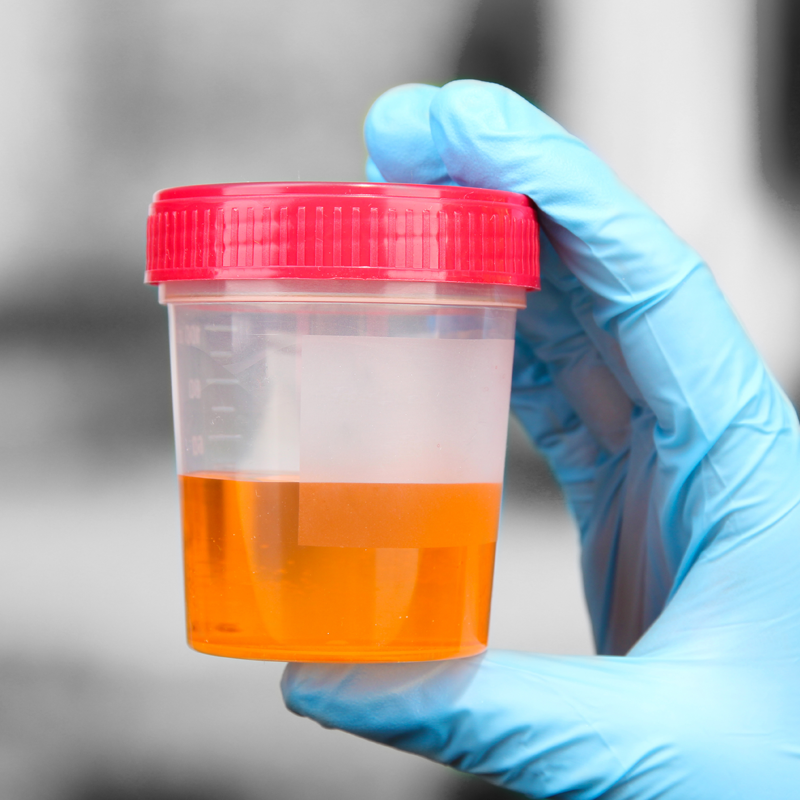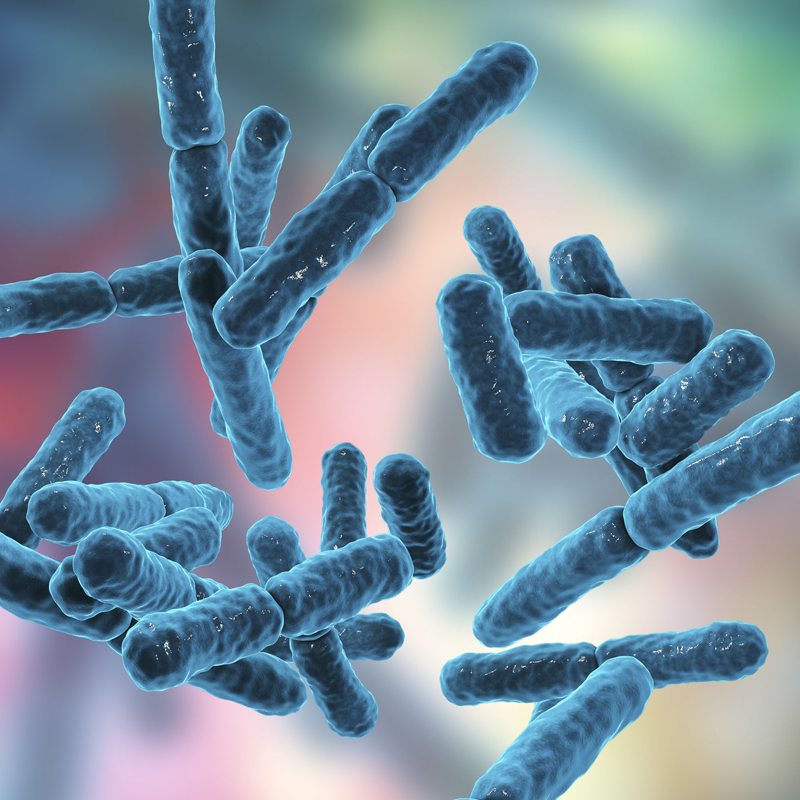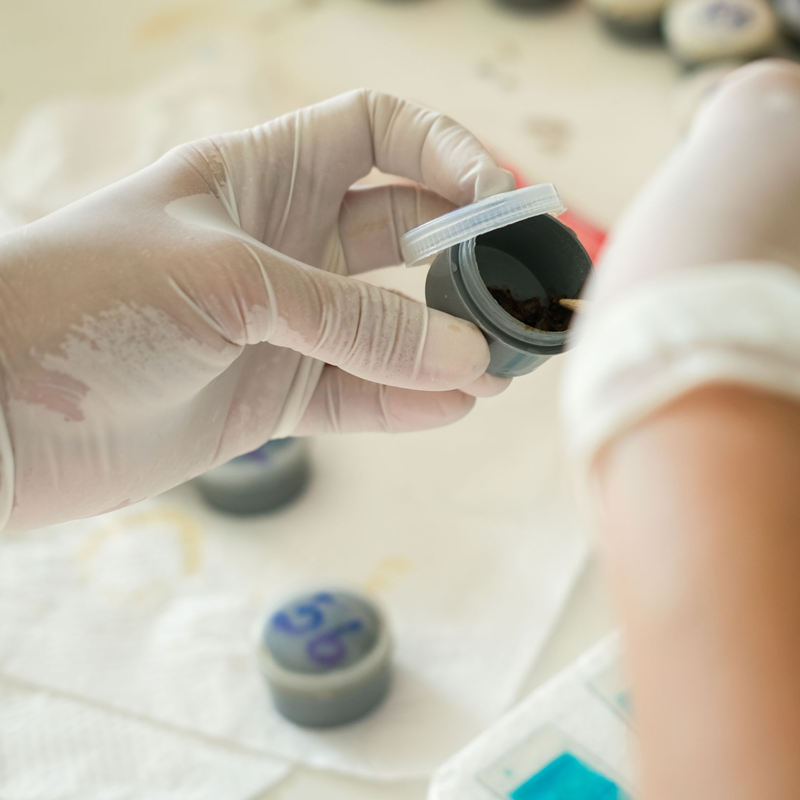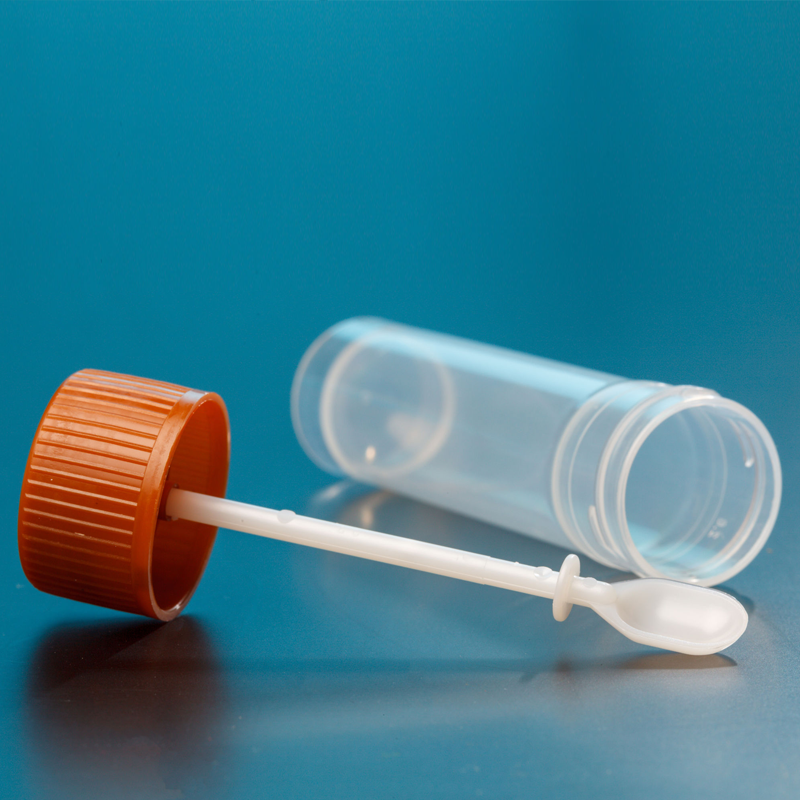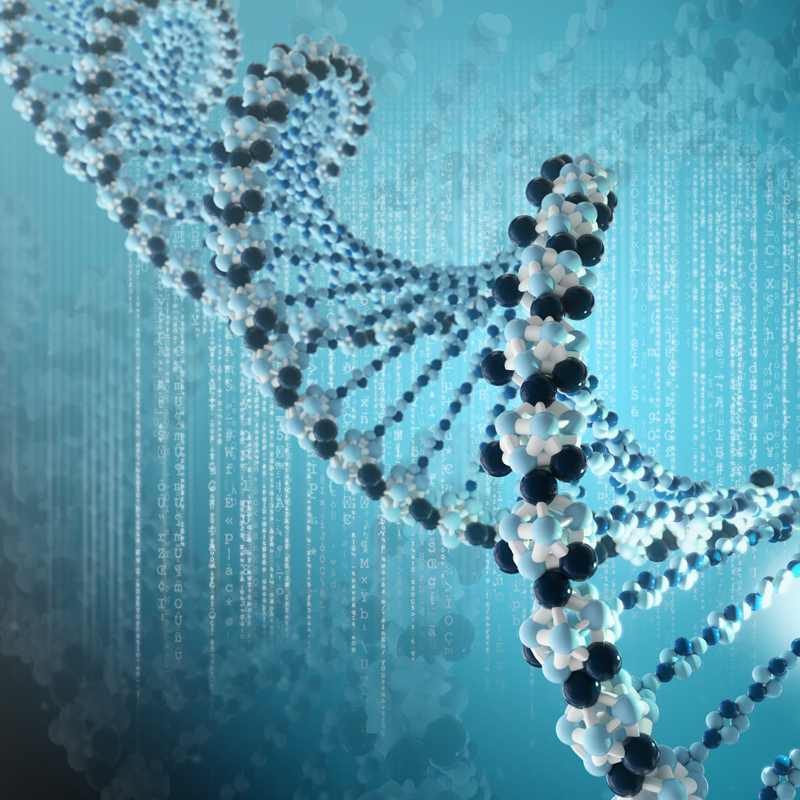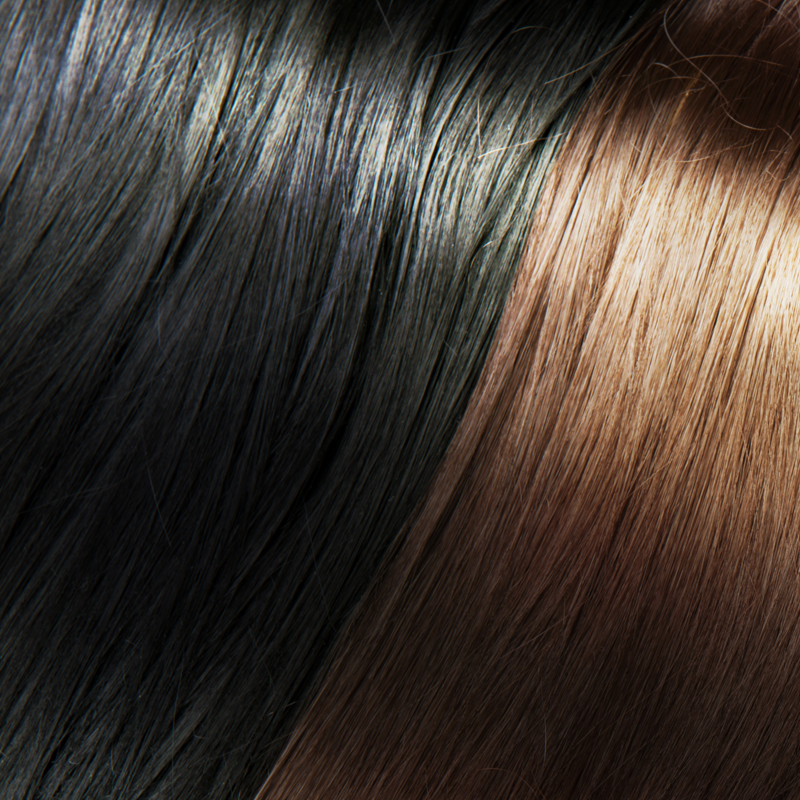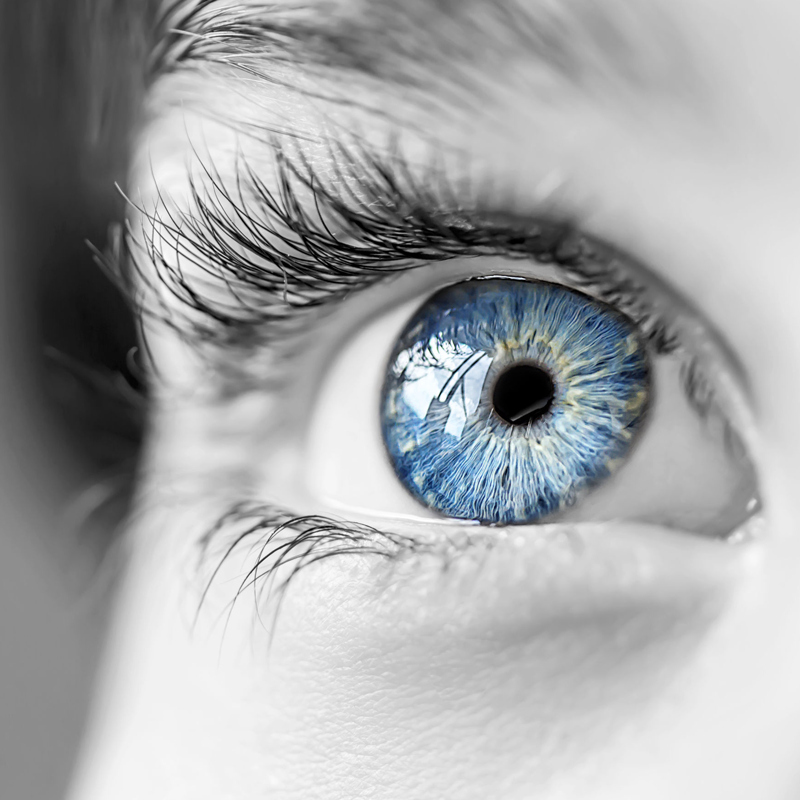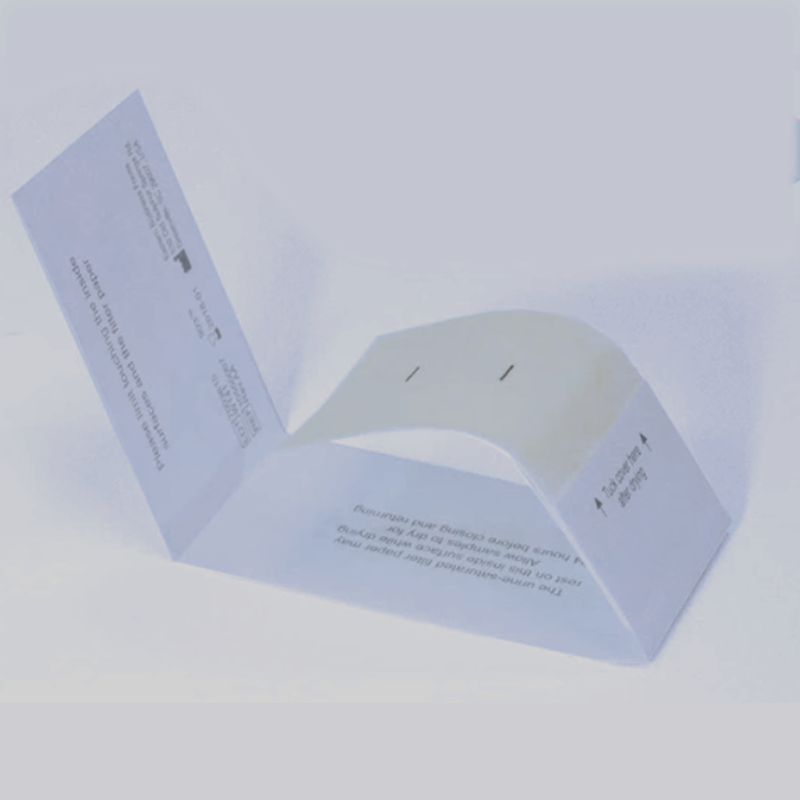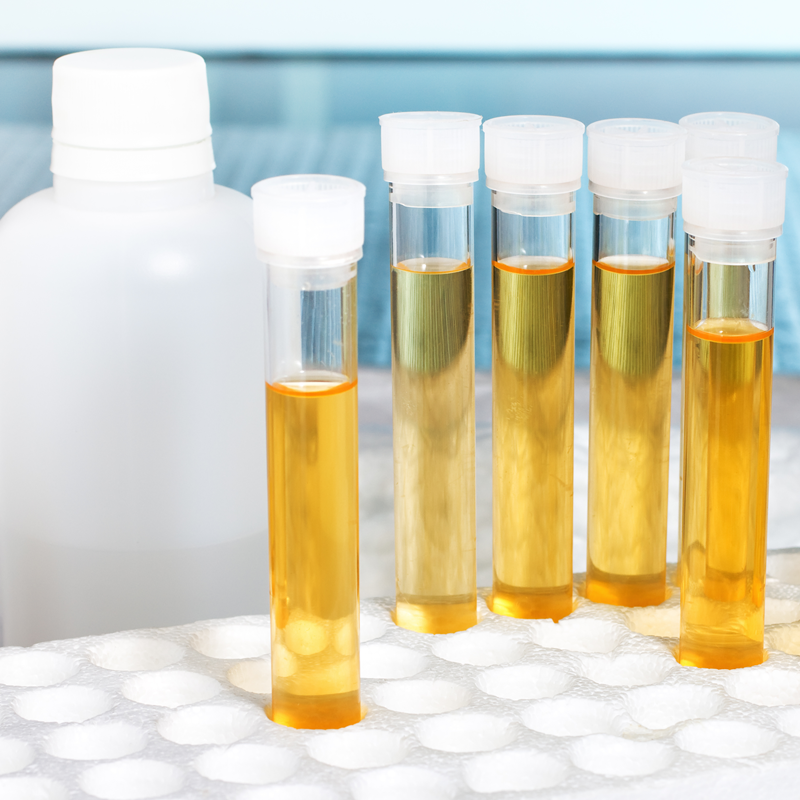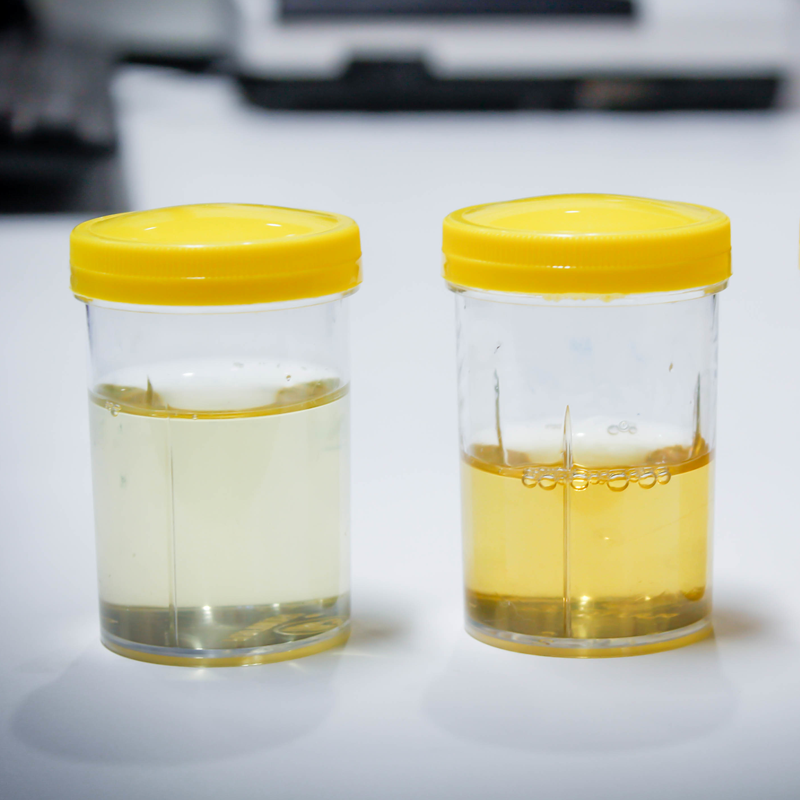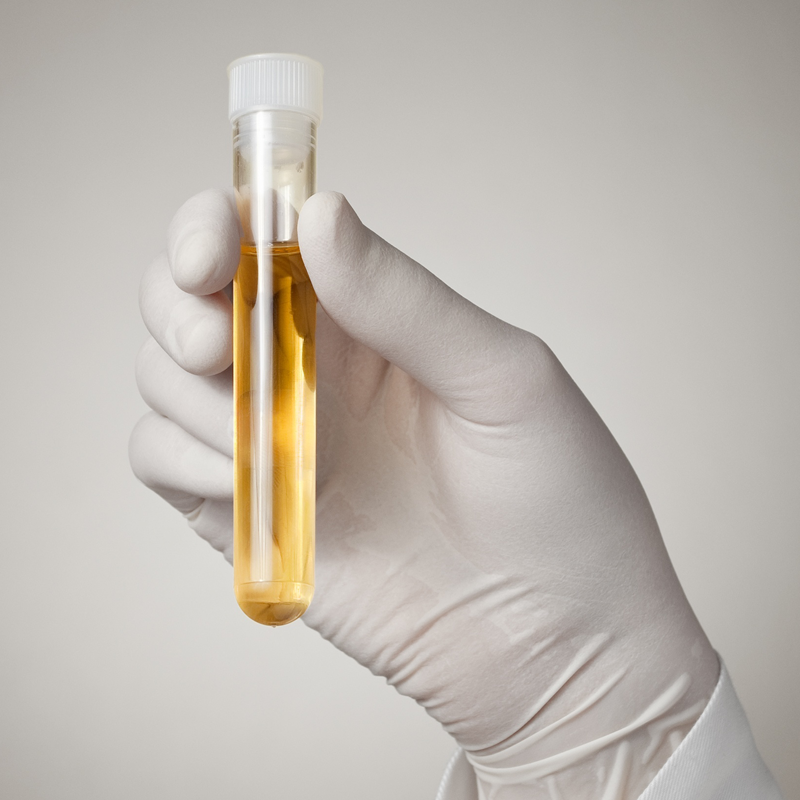The Organic Acids Test (OAT) offers a comprehensive metabolic snapshot of a patient’s overall health with over 70 markers.
I’d be lying if I said it wasn’t one of my favourite tests to interpret. Easy to do with children and anyone who has a fear of needles whilst giving you a tremendous amount of information.
The Organic Acids Test (OAT) offers a comprehensive metabolic snapshot of a patient’s overall health with over 70 markers. It provides an accurate evaluation of intestinal yeast and bacteria. Abnormally high levels of these microorganisms can cause or worsen behavior disorders, hyperactivity, movement disorders, fatigue and immune function. Many people with chronic illnesses and neurological disorders often excrete several abnormal organic acids in their urine. The cause of these high levels could include oral antibiotic use, high sugar diets, immune deficiencies, acquired infections, as well as genetic factors.
Our Organic Acids Test also includes markers for vitamin and mineral levels, oxidative stress, neurotransmitter levels, and is the only OAT to include markers for oxalates, which are highly correlated with many chronic illnesses.
If abnormalities are detected using the OAT, treatments can include supplements, such as vitamins and antioxidants, or dietary modification. Upon treatment, patients and practitioners have reported significant improvement such as decreased fatigue, regular bowel function, increased energy and alertness, increased concentration, improved verbal skills, less hyperactivity, and decreased abdominal pain. The OAT is strongly recommended as the initial screening test.
The Microbial Organic Acids Test (MOAT) is ideal for follow-up to the OAT and is often recommended by practitioners looking for a specific abnormality, to monitor certain microbial imbalances, or to assess treatment efficacy.
SPECIMEN REQUIREMENTS
Urine: 10 mL of first morning urine before food or drink is suggested. Patient should avoid apples, grapes (including raisins), pears, cranberries and their juices 48 hours prior to specimen collection. Avoid arabinogalactan, echinacea, reishi mushrooms, and ribose supplements for 12 hours before collection.

